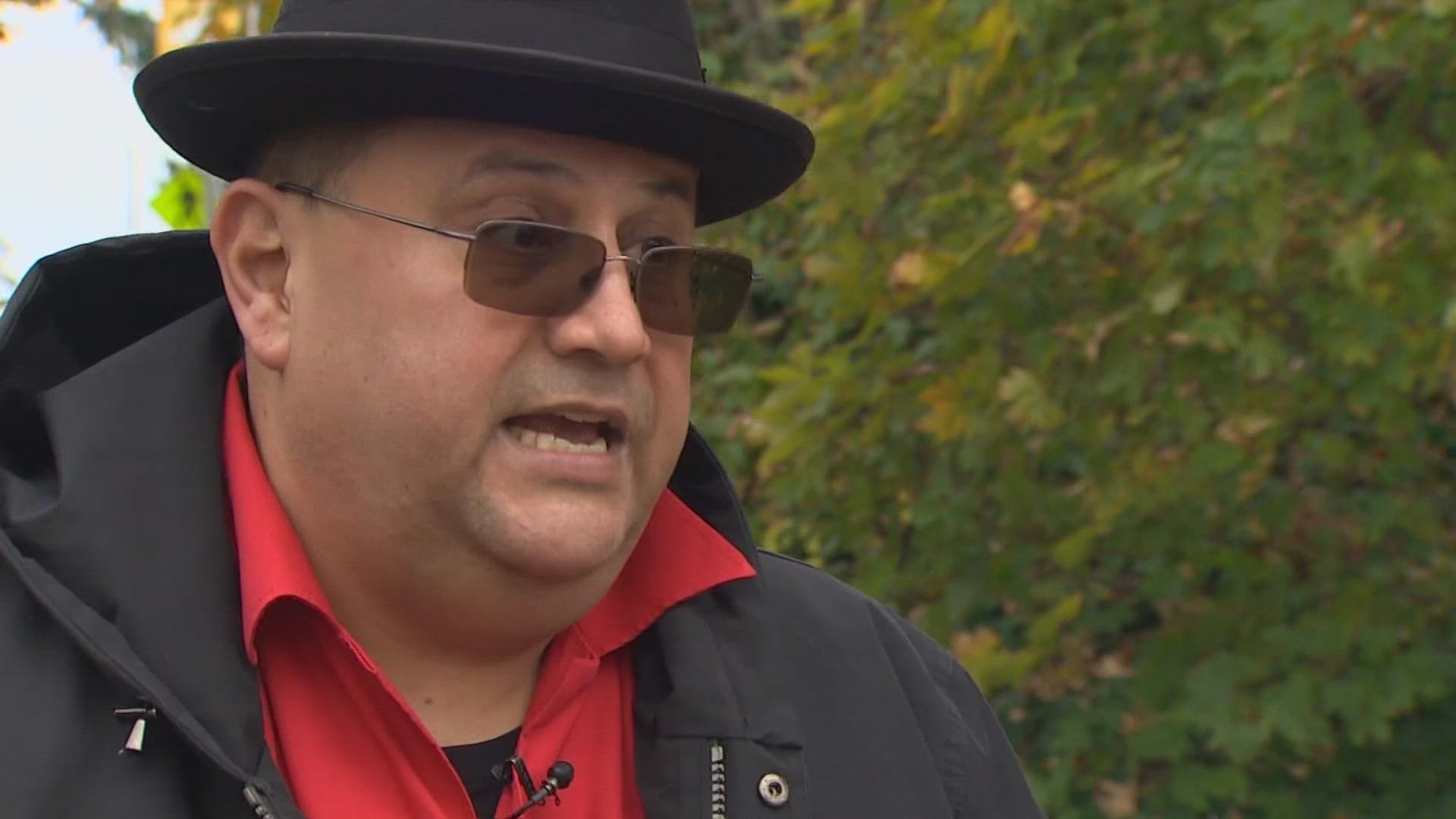SEATTLE — A proposal for a new pilot program aims to help cover the costs of treatment for substance use disorders for those who can't afford it in the city of Seattle.
The program would assist people who come into contact with homelessness service providers and the public safety system first, but could potentially expand.
Councilmember Sara Nelson is proposing the inclusion of the pilot in the city's next budget. Council staff say it would "directly fund inpatient addiction treatment that can be prohibitively expensive for people without Medicaid, good insurance, or the means to pay out-of-pocket."
"I think it's really important to meet people where they are, and if that is simply stabilizing from an active addiction right then, we have to do that, and if where people are at is wanting to give up long-term, we need to provide those services," Nelson said. "And that was my case; I decided I wanted to give up drinking so I actually sought recovery services and so I do believe it's absolutely important that we respect where people are in their journey and provide the services they need."
Care could include a clinic assessment, detoxification and withdrawal management, counseling and behavioral therapy at a residential or intensive outpatient treatment facility, and ongoing counseling.
"What this funding actually does is it will provide for people who do not have insurance, who are not on Medicaid, to get the help they need in the moment, to get that treatment, to stop using and to also stay in recovery," Nelson said.
Marcos Sauri is now a substance use disorder treatment provider and living in recovery. He says the pilot proposal helps to address one issue: the need for immediate care, especially for people who can't afford it.
"Timing is key, and the window of opportunity will close in hours, sometimes days, but we don't know," Sauri said. "[So] that's a good start, and now the infrastructure and the workforce need to be beefed up in order to have enough resources and the help there."
Sauri says even where treatment is available, it is often cost-prohibitive and dependent on circumstance.
"How much money do you have? What type of insurance do you have? What time of the year are you trying to go into treatment? What substance are you using?" Sauri said. "Unfortunately, there's so much need, little to no resources. So that's where the challenge is."
Sauri believes society is finally getting to a place where there is less stigma, more people are being vocal and there is a more inclusive conversation about providing care for addiction -- but he believes decisive action must be taken to integrate behavioral health and substance use disorder care with primary healthcare. In the meantime, he is supportive of programs like this that could help remove at least one barrier for some people.
"We do our best to show- recovery works. Treatment does work. And here I am. Here I am- I was one that didn't have the ability to pay for it, to go to a private facility, and as a result- I had to wait and wait and wait and wait and wait- and finally, I did get the opportunity to go in and get the help that I needed."
Nelson says currently, there are few Medicaid spaces available, so flexibility is key.
"I'm talking about helping people who want to take this step in their lives and so it's very important that there are providers that we work with already that can accept somebody in the moment," Nelson said.
Nelson and her staff are still working through exactly how the program would be administered and how many people it could help; Nelson says the pilot period would be used to assess the best ways to connect and deliver services.
The Seattle City Council may discuss the proposal during its discussion of the balancing package next week.

